From The Penticton Herald by Jaquelin St. Pierre January 24 2024
SUDBURY—Next week, the Ontario Superior Court will hear a precedent-setting case involving 10 First Nations defendants facing cannabis-related charges dating back to the early days of the legalization of recreational cannabis. Ontario made the substance legal on October 17, 2018. The caveat on the legalization was that permits from the Ontario provincial government must be filed for and granted to business owners. The constitutional challenge initiated nearly four years ago has faced delays in reaching trial, with the pandemic and a general backlog contributing to the prolonged process.
All 10 defendants logged into a virtual trial of the Superior Court of Justice on Monday, January 15. Nine of the 10 who stand accused owned or worked at a cannabis dispensary on a First Nation without the required license or approval from the Chief and council. Though the 10 defendants belong to different communities, their cases have been parcelled as they demand that the charges violate their traditional rights to trade cannabis as a means of economic development. The communities they belong to are Wahnapitae, Henvey Inlet and Garden River First Nations, and their lawyer, Michael Swinwood, represents them.
Advocates argue that the Wahnapitae First Nation stores should be permitted to operate, asserting that the police and the Ontario government should not exercise jurisdiction on their land. Ted Roque, a band councillor from Wahnapitae First Nation, expressed dissatisfaction with the situation, stating, “This should not have happened. We have our own laws within our community, and we’ve been collaborating with local dispensaries, drafting our own bylaws and regulations and seeking respect for them. Unfortunately, we observe that this respect is lacking. We assert our own jurisdiction over this matter, and the province should not be involved.”
Mr. Swinwood is legal counsel for the Nation of Amikwa Nipissing Allies (NANA) and a member of NANA Leadership Counsel. NANA filed a Statement of Claim in the Ontario Superior Court in November of 2023 for recognition as an Indigenous Nation under Section 35.1 of the Constitution. Mr. Swinwood will argue that all ten defendants in the cannabis case can trace their genealogy back to the Indigenous Nation that was first recorded by Samuel De Champlain in the late 1600s and the Codex Canadensis in 1700. The Amikwa Algonquins were last recorded in colonial documents in 1701. However, those who claim lineal descent say that when the Treaty of Paris was signed in 1774, the nation who had fought alongside the French in the seven years of war was excluded from receiving reservation lands and that they dispersed among the First Nations of Manitoulin Island and the North Shore of Lake Huron.
The case could be made that the Robinson-Huron and Robinson-Superior treaties aren’t truly legal, as the First Peoples who signed had migrated into the territory due to the US Indian Removal Act of 1830, as was written in correspondence by D.B. Papineau, who was the joint premier of the province of Canada and Commissioner of Crown lands just before the signing of the Treaties.
Currently, the Statement of Claim has been put on hold. “Due to uncertainties in the continuation of the land claim by the Algonquins of Ontario (AOO), discussions among counsel have led to an agreement to pause the movement of the lawsuit until such time as those uncertainties can be cleared up,” says Mr. Swinwood, on the Amikwa Nipissing Allies Nation website. The Algonquins of Pikwakanagan started the land claim in 1983, which covers an area of 36,000 kilometers and includes Canada’s Parliament Hill.
Amikwa lacks recognition from the federal government and neighbouring First Nations. However, Chief Stacy Amikwabi is actively working on community rebuilding through historical research and advocacy. Since the Amikwa never entered a treaty or relinquished their territory, Mr. Swinwood contends that cannabis laws don’t apply to its members. They assert their traditional right to engage in the use and trade of cannabis and hemp.
A constitutional challenge brought by the Amikwa Nippissing Allies Nation regarding hunting and fishing rights in the territory was overturned in 2021 to avoid setting a precedent. In her paper, ‘Connecting People to Place,’ Darlene Johnson references the Amikwa people and places them in Lake Nipissing, the French River and the Ottawa River basin to St. Lawrence. Darlene Johnson presented this alongside other evidence in the Ipperwash Inquiry in 2003.
A crucial recommendation arising from the inquiry was for the Ontario provincial government to transfer control of Ipperwash Provincial Park to the Kettle and Stony Point First Nations. In December 2007, the government consented to this proposal and repatriated the land in 2020.
Next week, Laurentian University Professor William James Newbigging and expert Konstantia Koutouki, a law professor at the University of Montreal, are scheduled to provide testimony regarding the Amikwa’s existence and the historical use of hemp among indigenous peoples before contact. The anticipated conclusion of the three-week trial is in early February.

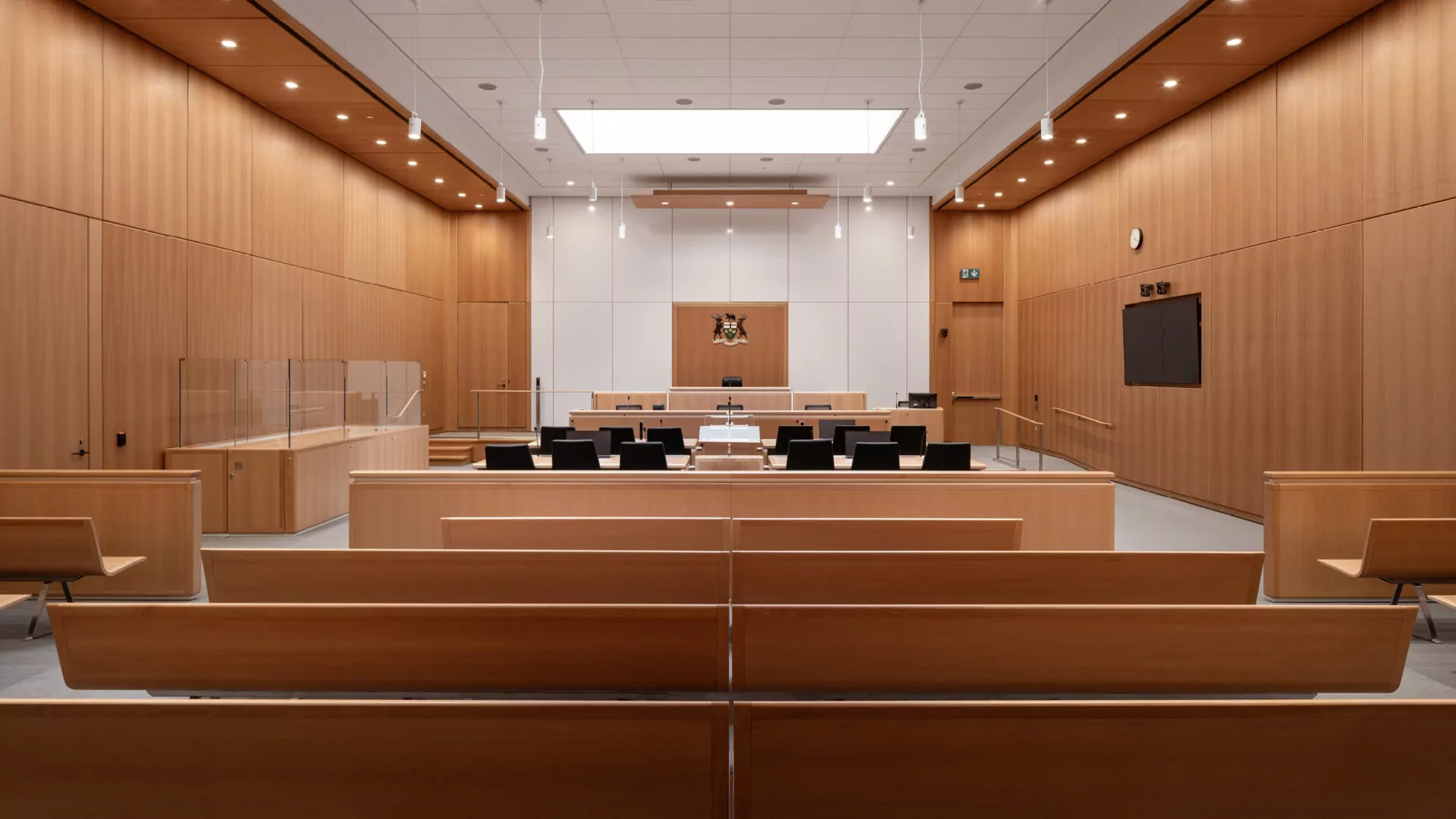
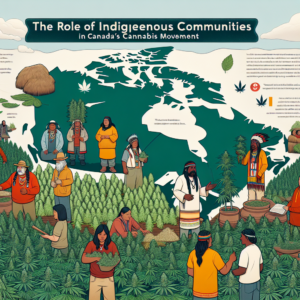
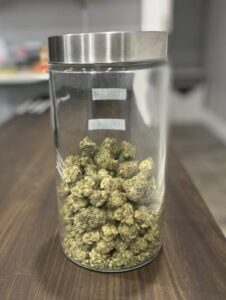

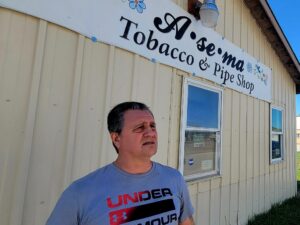
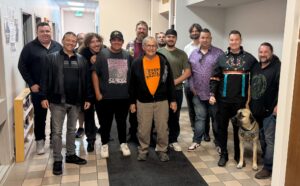

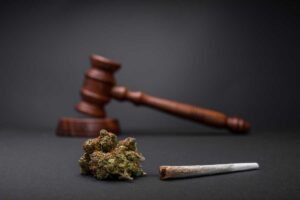
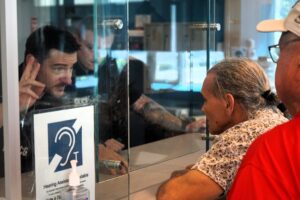

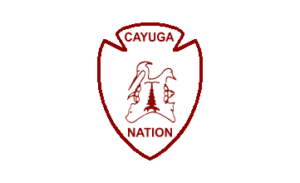

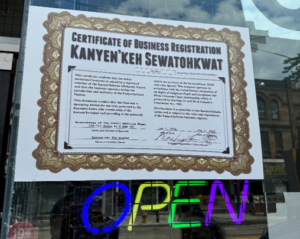
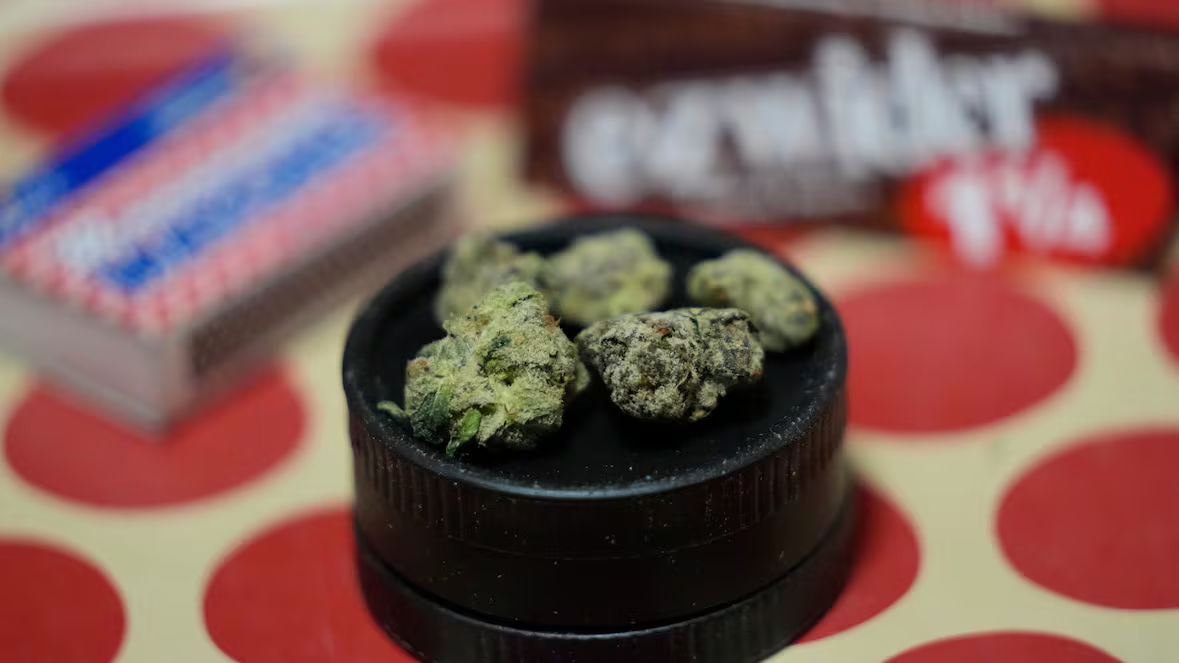
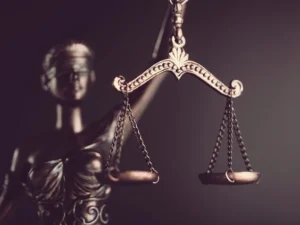
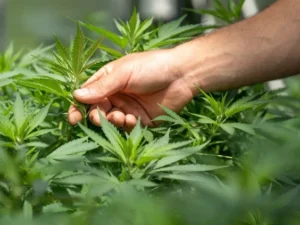
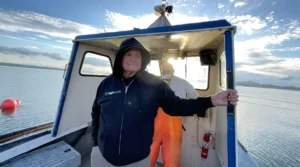
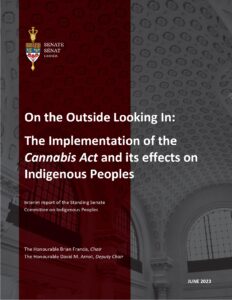
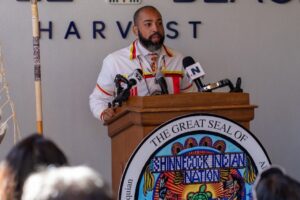

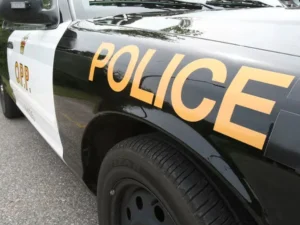
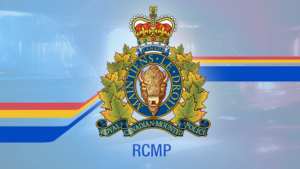







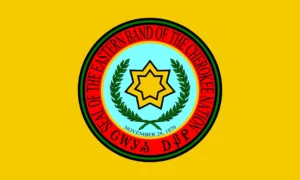

Comments are closed.